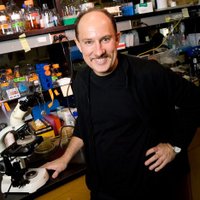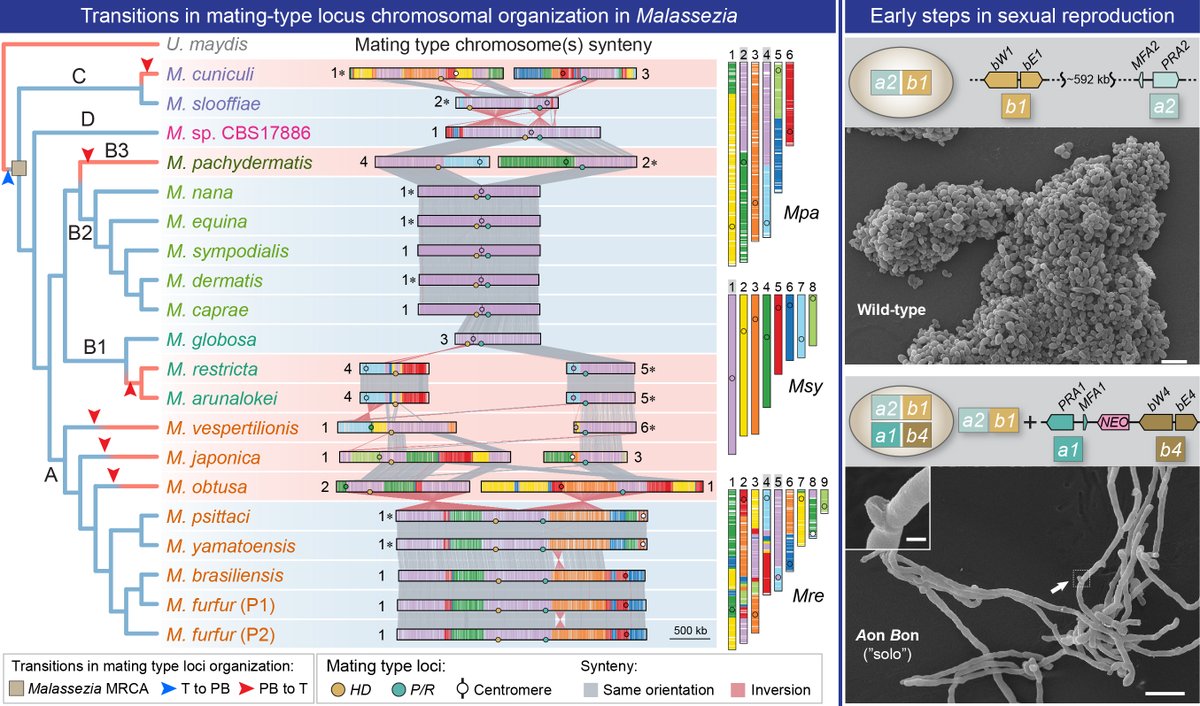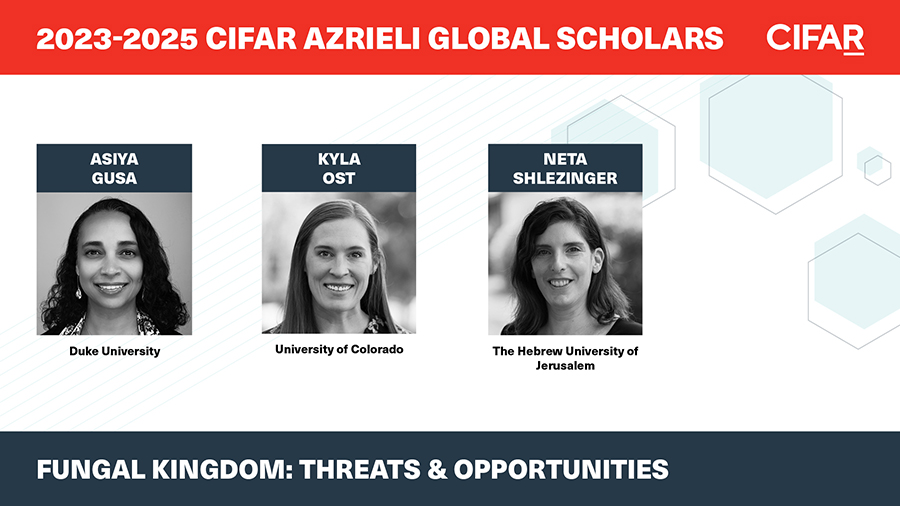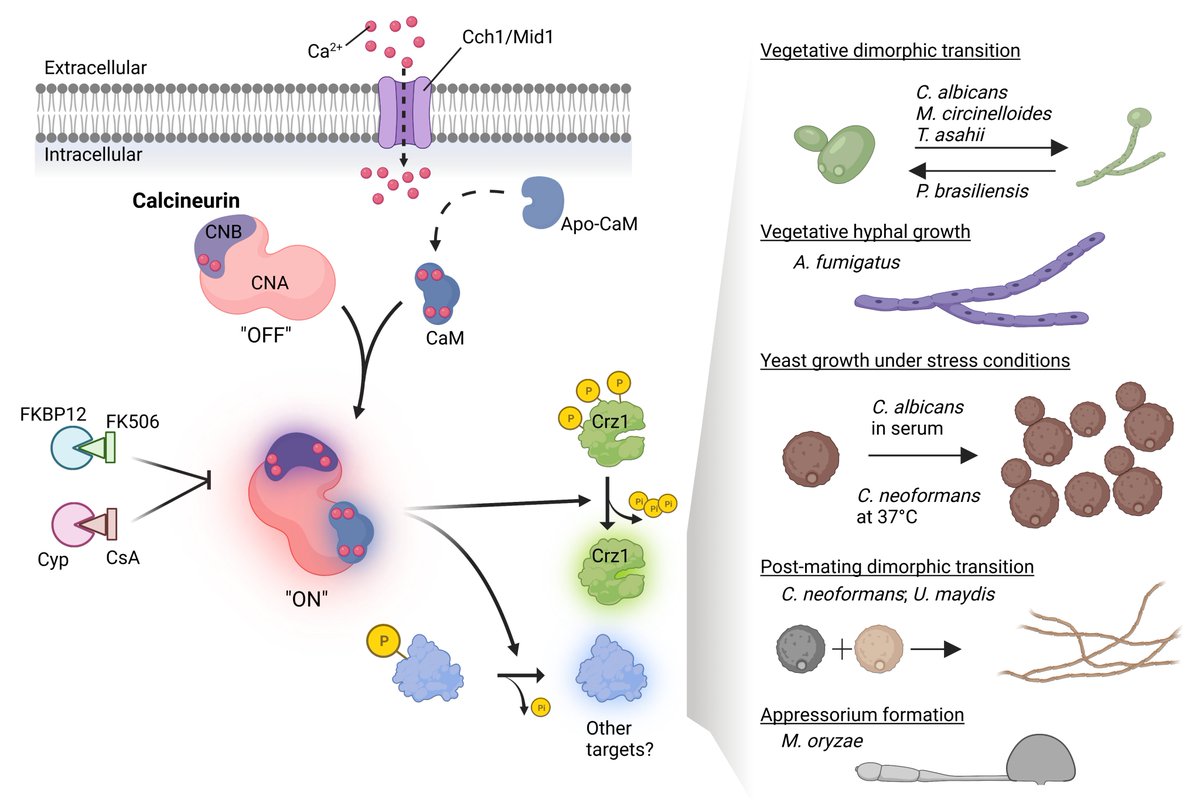
Heitman lab at Duke
@dukeheitman
We're the Heitman lab at @DukeMGM. We're interested in sexual reproduction and the emergence and evolution of microbial pathogens. Account run by lab members.
ID: 1099091262739763202
https://mgm.duke.edu/faculty-and-research/primary-faculty/joseph-heitman-md-phd-2/ 22-02-2019 23:39:11
1,1K Tweet
1,1K Followers
307 Following





Excited to share our new preprint on transitions in mating-type locus chromosomal organization in Malassezia and early steps in sexual reproduction biorxiv.org/content/10.110…. Kudos to @MarcoACoelho1, Giuseppe Ianiri and @MrciaDavidPalm1, and all authors, for their contributions.



Fungal Kingdom: Threats & Opportunities welcomes Asiya Gusa (@AsiyaGusa, Duke University), Kyla Ost (Kyla Ost, CU Anschutz Medical Campus) and Neta Shlezinger (Neta Shlezinger, Hebrew University). cifar.ca/cifarnews/2023…






The latest PLOS Pathogens Pearls article by Vikas Yadav is now out. He reviews the essential roles of calcineurin in the virulence of #fungal pathogens of animals and plants and discusses what future studies should focus on to target this Achilles heel. journals.plos.org/plospathogens/…








